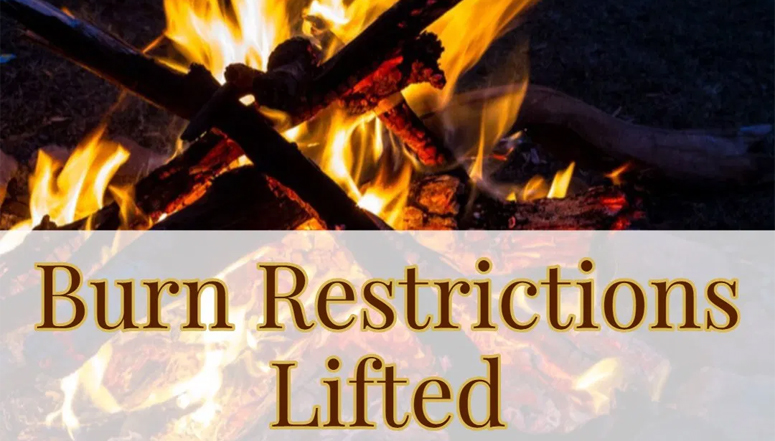The Bureau of Land Management has lifted fire restrictions on BLM-managed lands in three counties in central Colorado.
Fire restrictions will be lifted on BLM lands in Lake, Chaffee, and Fremont counties effective today, July 30, 2020.
While fire danger is lower in these counties with the recent and anticipated increased precipitation, fire officials still urge the public to be cautious with fire on BLM-managed lands.
“Fire danger in these three counties has reduced to ‘moderate’ with the recent changes in weather,” said Royal Gorge Field Manager Keith Berger. “Because fire danger is lower does not mean that there is no fire danger in these three counties – please be careful with fires on public lands.”
Fire officials remind visitors to practice fire safety:
- Keep campfires small and under control.
- Ensure that campfires are dead out. If it’s too hot to touch, it’s too hot to leave.
- Keep a shovel and water nearby to douse escaped embers.
- Do not park or idle vehicles in tall dry grass. The heat from the vehicle’s exhaust can spark a wildfire.
- Do not allow chains to drag from vehicles or towed trailers.
- Fireworks are never allowed on federally managed lands.
Fire restrictions remain in place on BLM-managed lands in many counties across the Royal Gorge Field Office. BLM lands in Park County will remain in Stage 2 fire restrictions; Stage 1 fire restrictions will continue for public lands in Custer, El Paso, Huerfano, Las Animas, Pueblo, Teller, and Boulder counties.
For more information about fire restrictions in the Royal Gorge Field Office, please visit the Rocky Mountain District Fire Restrictions page (go.usa.gov/xvhGj) or call the Royal Gorge Field Office at (719) 269-8500.
Additionally, the Pike and San Isabel National Forests have fire restrictions that apply on US Forest Service lands throughout the region. Additional information on US Forest Service fire restrictions can be found at the Pike and San Isabel National Forests Cimarron and Comanche National Grasslands interactive fire restriction map or by calling the Forest Supervisor’s office at (719) 553-1400.




